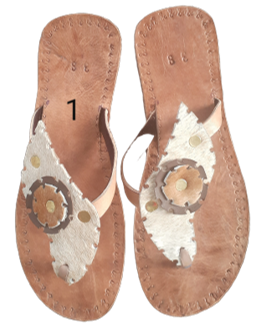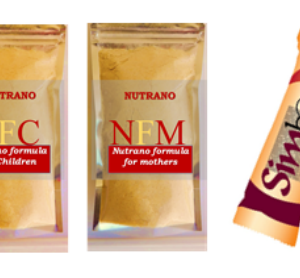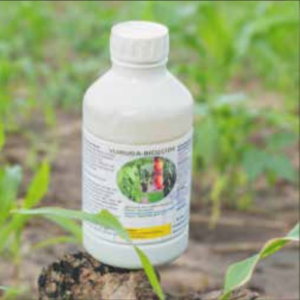Description
Description: Tanzania is Africa’s second largest producer of livestock, producing more than 11 million pieces per year, but the contribution of the leather industry to its gross domestic product is still poor. Processed skin is less than 50% produced, while more than 50% of raw skin is exported or dumped on dogs or given to dogs This situation affects the leather industry’s contribution to achieving Tanzania’s goals of manufacturing, youth employment and overall GDP growth. A major factor contributing to the limited efficiency of the industry is the lack of proper skin processing technology. The skin processing technology using chromium salts adversely affects the ability of local industries because they are expensive, polluting the environment and causing diseases such as cancer Therefore, reliance on chromium salt will destabilize the skin industry.
Researchers: Cecilia China (student), Prof. Karoli Njau (supervisor) school of MEWES, Dr.swarna.v.kanth (supervisor), Dr.Askwar Hilonga (supervisor) school of MEWES)









 Visit Today : 234
Visit Today : 234 Visit Yesterday : 150
Visit Yesterday : 150 This Month : 932
This Month : 932 This Year : 932
This Year : 932 Total Visit : 22504
Total Visit : 22504